Breaking News


Popular News

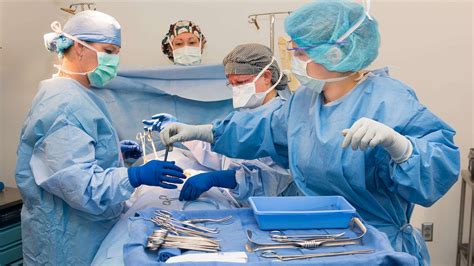
Discover the various specializations in surgical tech programs and the advanced training options available, including robotic surgery and neurosurgery. Explore more now.Are you considering a career in surgical technology but are unsure of the various specializations available? Look no further! In this blog post, we will explore the different specializations within surgical tech programs to help you understand the options available and make an informed decision about your future career path.
Surgical tech programs provide essential training for individuals who play a crucial role in the operating room, assisting surgeons and ensuring the safety and well-being of patients. We will start by providing an introduction to surgical tech programs, explaining the foundational knowledge and skills required for this profession. Then, we will delve into the specific specializations, such as general surgical tech training, focused training in cardiovascular surgery, specialized training for neurosurgery, and advanced training in robotic surgery.
Whether you are interested in assisting with open-heart surgeries, brain surgeries, or cutting-edge robotic procedures, this post will help you understand the diverse opportunities available within the field of surgical technology. So, let’s explore the exciting world of surgical tech specializations together!
Contents
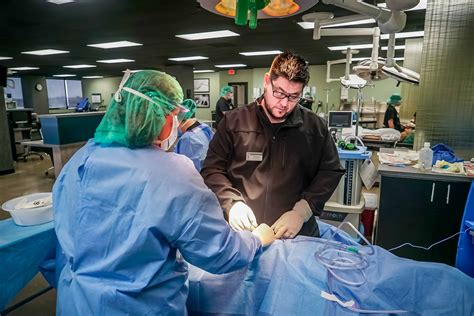
When considering a career in the healthcare field, one often thinks of becoming a doctor or a nurse. However, there are many other important roles in the operating room, including surgical technologists. Surgical tech programs are designed to train individuals in the various aspects of assisting in surgical procedures. These programs provide the necessary knowledge and skills to work alongside surgeons and nurses in the operating room.
One of the main focuses of surgical tech programs is to teach students about the different types of surgeries and the specific instruments and equipment used in each. Students will learn about sterilization techniques, anatomy and physiology, as well as the importance of maintaining a sterile environment in the operating room. In addition to classroom instruction, students in surgical tech programs also undergo hands-on training in a clinical setting to gain real-world experience.
Furthermore, surgical tech programs often include a component on professional ethics and legal responsibilities. Surgical technologists must adhere to strict guidelines and regulations in order to ensure patient safety and privacy. Understanding the ethical and legal aspects of the job is crucial for anyone pursuing a career in this field.
| Featured Disciplines | Training Length |
|---|---|
| General Surgery | 1-2 years |
| Cardiovascular Surgery | 2-3 years |
| Neurosurgery | 2-4 years |
| Robotic Surgery | 1-2 years |
Depending on the specific area of interest, students can choose to specialize in a particular discipline within surgical technology. Each specialization requires additional training to become proficient in the specific techniques and technologies associated with that discipline.
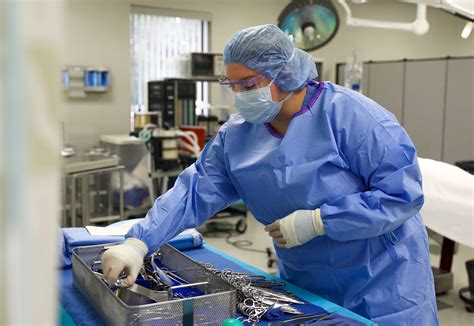
General surgical tech training provides students with a comprehensive understanding of the various surgical procedures and techniques used in a wide range of surgeries. This specialized program covers all aspects of surgical technology, including operating room procedures, patient care, and sterilization techniques.
Students enrolled in general surgical tech training will learn how to assist surgeons during procedures, handle surgical instruments, and ensure the operating room is prepared for surgery. They will also be trained to anticipate the needs of the surgical team and provide support before, during, and after surgery.
Moreover, individuals pursuing general surgical tech training will gain hands-on experience in the operating room, working alongside experienced surgeons and other healthcare professionals. This practical exposure is crucial in preparing students for the fast-paced and high-stress environment of the operating room.
Upon completion of the program, graduates will be equipped with the necessary skills and knowledge to pursue a career as a surgical technologist in various medical settings, such as hospitals, outpatient surgery centers, and specialty clinics.
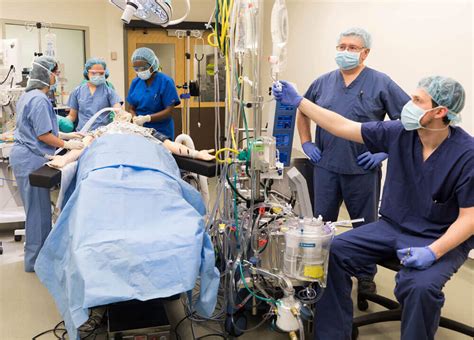
Focused Training in Cardiovascular Surgery
When it comes to focused training in cardiovascular surgery, surgical tech programs offer in-depth and specialized education to prepare students for this demanding field. Cardiovascular surgery involves complex procedures to treat heart and blood vessel conditions, making it essential for surgical techs to receive specialized training in order to assist surgeons effectively.
During their coursework, students pursuing cardiovascular surgery training will learn about the anatomy and physiology of the heart and blood vessels, as well as specific surgical techniques and instruments used in cardiovascular procedures. They will also gain hands-on experience in cardiac operating rooms, where they will assist surgeons during a variety of procedures such as bypass surgeries, heart transplants, and angioplasties.
Additionally, specialized training in cardiovascular surgery will cover topics such as patient assessment, anesthesia, and the use of advanced technology and equipment in the operating room. This comprehensive education is designed to give graduates the skills and knowledge they need to thrive in the fast-paced and challenging environment of cardiovascular surgery.
| Key Points Covered in Focused Training |
|---|
| Cardiac anatomy and physiology |
| Surgical techniques and instruments |
| Assisting in bypass surgeries, heart transplants, and angioplasties |
| Patient assessment and anesthesia |
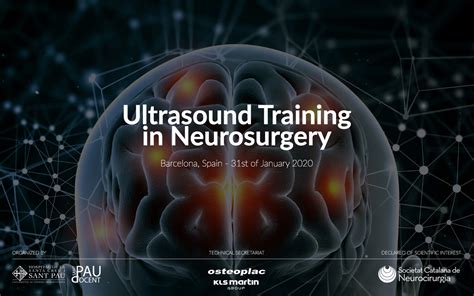
Neurosurgery is a highly specialized field within the surgical tech programs, requiring specific training and expertise. Individuals interested in pursuing a career in neurosurgery must undergo comprehensive training that focuses on the complexities of the brain and nervous system.
As a neurosurgical technologist, one must be well-versed in the advanced tools and technologies used in neurosurgery, as well as have a deep understanding of the anatomy and pathology of the brain and spinal cord. This specialized training is essential for ensuring the safe and effective assistance of the surgical team during complex neurosurgical procedures.
Some of the topics covered in specialized training for neurosurgery may include neuroanatomy, neurophysiology, neuroimaging techniques, neurological disorders, and surgical procedures specific to the brain and spinal cord. It also involves hands-on experience in neurosurgical settings, where students can apply their knowledge and skills in a real-world clinical environment.
Given the intricate nature of neurosurgery, individuals pursuing specialized training in this field must possess a high level of attention to detail, critical thinking abilities, and the ability to remain calm under pressure. The demand for skilled neurosurgical technologists continues to grow, making specialized training an excellent choice for those passionate about the intricacies of the brain and nervous system.
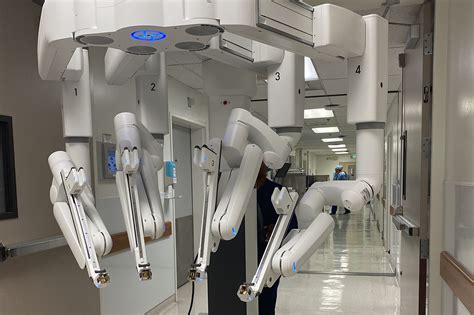
Robotic surgery is a rapidly evolving field, with advanced training programs designed to prepare surgical technologists for the unique challenges and opportunities presented by this cutting-edge technology. These programs focus on providing in-depth knowledge and hands-on experience in operating and maintaining robotic surgical systems, as well as understanding the specific procedures and techniques involved in performing robotic-assisted surgeries.
Students in advanced robotic surgery training programs can expect to learn about the latest advancements in robotic surgical technology, including the use of augmented reality, artificial intelligence, and telemedicine in the operating room. They will also receive specialized training in robotics-assisted procedures for a wide range of surgical specialties, such as urology, gynecology, and colorectal surgery.
Furthermore, these programs often emphasize the importance of collaborative teamwork, effective communication, and critical thinking skills in the context of robotic surgery. Students are trained to work closely with surgeons and other members of the surgical team to ensure safe and successful outcomes for patients undergoing robotic-assisted procedures.

What are the different specializations within surgical tech programs?
Some of the different specializations within surgical tech programs include cardiothoracic surgery, neurosurgery, orthopedic surgery, and general surgery.
How long does it take to complete a surgical tech program?
The length of a surgical tech program varies, but it typically takes 1-2 years to complete, depending on the type of certification or degree pursued.
What skills are necessary for a career in surgical technology?
Skills necessary for a career in surgical technology include attention to detail, dexterity, ability to work under pressure, teamwork, and strong communication skills.
What is the job outlook for surgical technologists?
The job outlook for surgical technologists is promising, with employment projected to grow 7% from 2019 to 2029, faster than the average for all occupations.
What are the typical duties of a surgical technologist?
Typical duties of a surgical technologist include preparing the operating room, sterilizing equipment, assisting the surgical team during procedures, and maintaining a sterile environment.
What are the educational requirements for becoming a surgical technologist?
Most surgical technologists complete a formal education program, which can be a certificate, diploma, or associate’s degree from an accredited institution.
What is the average salary for surgical technologists?
The average salary for surgical technologists is around $48,300 per year, but this can vary based on experience, location, and specialization.